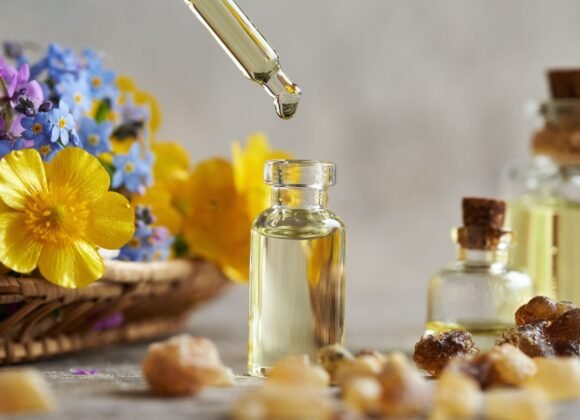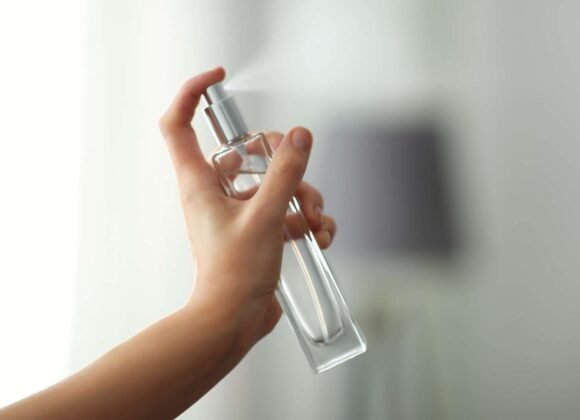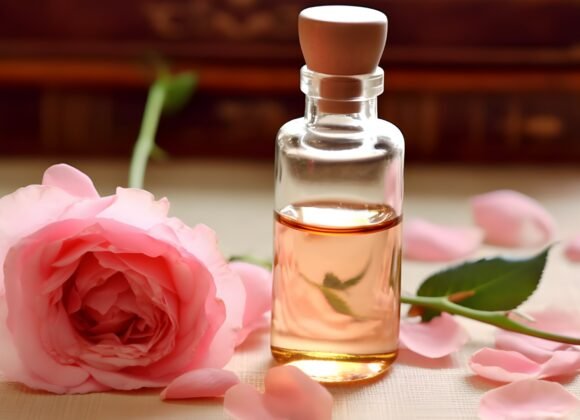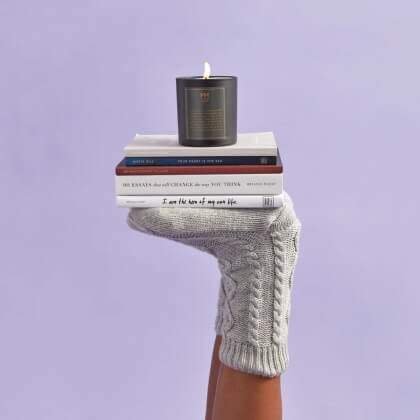In the intricate world of perfumery, the art of dilution plays a crucial role in crafting exquisite fragrances. Whether you’re a budding perfumer or a seasoned professional, understanding the nuances of diluting perfumery materials is essential for creating balanced and long-lasting scents. This article delves into the reasons for dilution, the methods involved, and how it impacts the overall fragrance composition.
Why Dilute Perfumery Materials?
- Ease of Handling: Many raw materials used in perfumery can be challenging to work within their pure form. Essential oils are generally manageable, but absolutes and resins can be sticky, solid, or difficult to measure accurately in small quantities. Dilution makes these materials more manageable and easier to incorporate into formulations.
- Precision in Formulation: When developing new fragrances, perfumers often need to use minute amounts of potent materials. Dilution allows for more precise measurements, especially when working with strong or expensive ingredients. This precision is crucial for maintaining consistency in fragrance profiles and helps prevent wastage if a formula doesn’t turn out as planned.
- Enhanced Olfactory Evaluation: Diluted materials often present a fuller olfactory profile. When we smell a fragrance, we’re actually perceiving the evaporated molecules in the air above the material. Dilution, especially in alcohol, aids evaporation and can reveal nuances that might be masked in the concentrated form.
- Cost-Effectiveness: By diluting expensive or potent materials, perfumers can extend their supplies and reduce overall costs without compromising on quality.
Choosing the Right Diluent
The choice of diluent is crucial and depends on the intended use of the fragrance. Here are some common options:
- Perfumer’s Alcohol: Ideal for alcohol-based perfumes, this is the go-to choice for many perfumers. It’s excellent for evaluating scent profiles and is used in final spray formulations. However, it’s not suitable for oil-based or anhydrous products.
- Dipropylene Glycol (DPG): A versatile solvent widely used in the fragrance industry. It can dissolve many materials that are insoluble in water or alcohol and is compatible with various product bases.
- Benzyl Alcohol and Benzyl Benzoate: These aromatic compounds are sometimes used to aid in blending difficult materials, especially in natural perfumery where synthetic solvents are avoided.
- Carrier Oils: While not ideal for fine fragrance creation, carrier oils like jojoba or fractionated coconut oil can be used for creating perfume oils or making a perfume last longer.
The Dilution Process
- Determine the Concentration: Most materials are diluted to 10% concentration, but some potent synthetics may require lower concentrations, such as 1% for materials like ethyl vanillin or calone.
- Use Precise Measurements: Always use a reliable scale for accuracy. For professionals, a lab balance is ideal, but hobbyists can start with a quality jewelry scale that measures 0.01g precision.
- Prepare the Dilution: For a 10% dilution, combine 1 part material with 9 parts diluent. For example, 1g of material with 9g of alcohol will yield 10g of a 10% dilution.
- Handle Difficult Materials: Some materials, particularly thick absolutes or solid resins, may require gentle heating to liquefy before dilution. Use a water bath or specialized heater, being careful not to overheat and alter the scent profile.
- Mix Thoroughly: Ensure the material is fully incorporated into the diluent. For challenging materials, you may need to heat and stir repeatedly to achieve a homogeneous mixture.
When to Avoid Dilution
While dilution is often beneficial, there are instances where it’s best to use materials in their pure form:
- Final Product Formulation: When creating fragrances for specific product bases like creams, candles, or soaps, it’s often better to use undiluted materials to avoid introducing incompatible solvents.
- Selective Dilution: Not all materials in a formula need to be diluted. Keep some materials in their pure form for flexibility in formulation.
- Natural Perfumery: Some natural perfumers prefer to work with undiluted materials to maintain the purity of their creations, especially when aiming for a specific fragrance family profile.
Understanding the art of dilution is crucial for any perfumer. It not only facilitates the creation process but also allows for a deeper appreciation of each material’s unique characteristics. By mastering this technique, you can enhance your ability to craft complex, balanced, and captivating fragrances that tell olfactory stories and leave lasting impressions.






